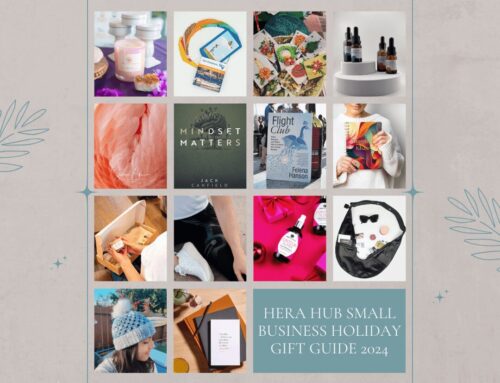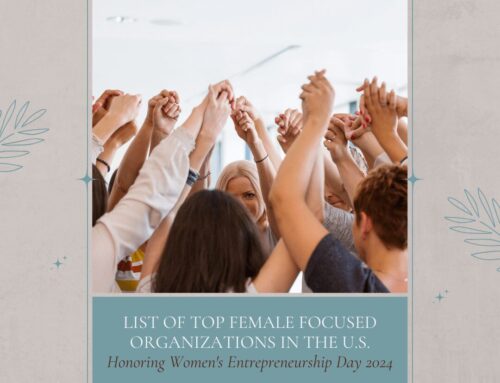Dining out overseas with professional colleagues can be a test of your little-used etiquette knowledge, if you are not familiar with various customs. Table manners are especially important in how well you will be received in business and personal circles when doing business internationally. Knowing your etiquette relative to mealtimes and how to conduct yourself, could mean the difference between creating a meaningful, lasting impression- read profitability – or alienating your prospect with your ignorance of manners.
 In many countries business is not discussed over a meal. Attention will be paid to the food at hand and the shared camaraderie of eating. Occasionally meals can last several hours and liquor can flow freely, so be prepared with a polite excuse to limit your alcoholic consumption. You could be under scrutiny to ascertain your reaction at being offered multiple cocktails and how well you fit in with their company culture.
In many countries business is not discussed over a meal. Attention will be paid to the food at hand and the shared camaraderie of eating. Occasionally meals can last several hours and liquor can flow freely, so be prepared with a polite excuse to limit your alcoholic consumption. You could be under scrutiny to ascertain your reaction at being offered multiple cocktails and how well you fit in with their company culture.
Do not take a first sip of wine or champagne, in case someone wishes to toast, or until your host has also taken a drink. If a toast is offered at a business dinner, expect that you may have to join in with a salute to the Monarch, President, or current ruler of the country. Conversely, do not expect alcohol to be presented, or ask for an alcoholic beverage if dining with Muslims, to avoid giving offense.
You may be offered a drink before a meal in some countries. In Southeast Asia, you may opt to drink iced juice or sparkling water, rather than alcohol, until you know if your hosts are Islamic or Hindu and therefore will not imbibe alcoholic beverages themselves. If you are visiting in Ireland, you may be invited to partake of a pre-dinner drink and you won’t know if you are agreeing to a cup of tea or a generously poured Irish whiskey.
It is a practice in England and France to eat hot sandwiches and “beefburgers” with a knife and fork. It is perfectly acceptable to put your bread directly on the tablecloth in France. Germans will use a knife and fork, but they will use the fork both with the tines pointed down and with the tines pointed up, as do Americans. Thais use a fork and a spoon when eating.
Many countries will have different cutlery for different courses. In formal settings, especially in Europe, you will have a fish fork and knife. Your salad course may be served after the meal in France and at more formal dinners in other countries. You will receive both a fork and a knife for your salad course. Do use both utensils and don’t “save” your fork or knife for your next course. Your teaspoon is not used for dessert, as in the U.S., but for your coffee or tea, or occasionally a demitasse spoon will be presented. A smaller fork and a tablespoon will be provided to eat your sweet.
It is common in East Asia to use your chopsticks to take food from a common plate or bowl. You choose your portion from a platter and place small amounts on your own plate. Chinese will bring a rice bowl up to their chins and quickly scoop the rice into their mouths with their chopsticks. In Hong Kong, it is fine to place rejects from your meal, such as bones, directly on the tablecloth. If you intend to travel to this part of the world, practice with chopsticks, so that you can use them with relative ease.
If you are invited to dine in the Middle East, do not reach for, or touch food with your left hand. You may use your fingers for eating there. Belching during a meal is not only acceptable, Gentlemen, but expected. Always watch your host for guidance.
Bon Appetit! Guten Appetit! Buon Appetito! Smacznego! Bom Appetite!
____________________________________________________
 Catherine Mowbray-Lorenz helps successful executives and heart-centered entrepreneurs to achieve massive, long-lasting results by providing customized training, consulting and coaching in the areas of communication excellence, cross-cultural communication and customer service.
Catherine Mowbray-Lorenz helps successful executives and heart-centered entrepreneurs to achieve massive, long-lasting results by providing customized training, consulting and coaching in the areas of communication excellence, cross-cultural communication and customer service.
She is a British-born, international speaker-trainer who has presented talks and workshops in South Africa, Bali, Singapore, Vancouver, Hong Kong, as well as, at home in the U.S. Her executive training programs are: Powerful Presentation Skills, Speak Your Way To Success, Tips, Taboos and Troubleshooting in International Business©, Impeccable Customer Service You Can Bank On. Through her workshops and personalized coaching, she has helped hundreds of executives and speakers to break through communication barriers to achieve confidence and distinction.
Catherine is the Director of Hera Hub in Carlsbad, CA.





